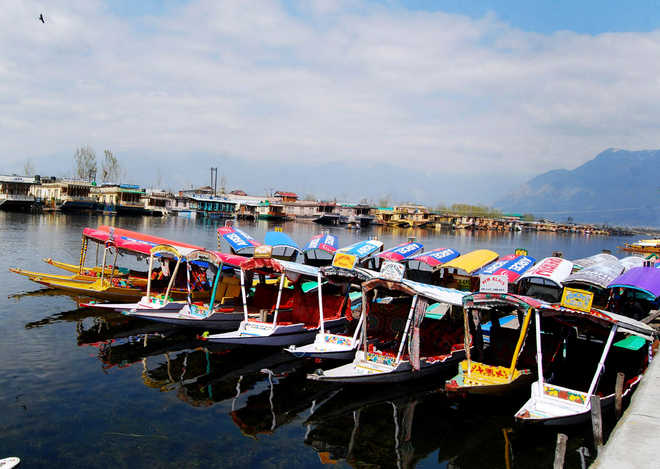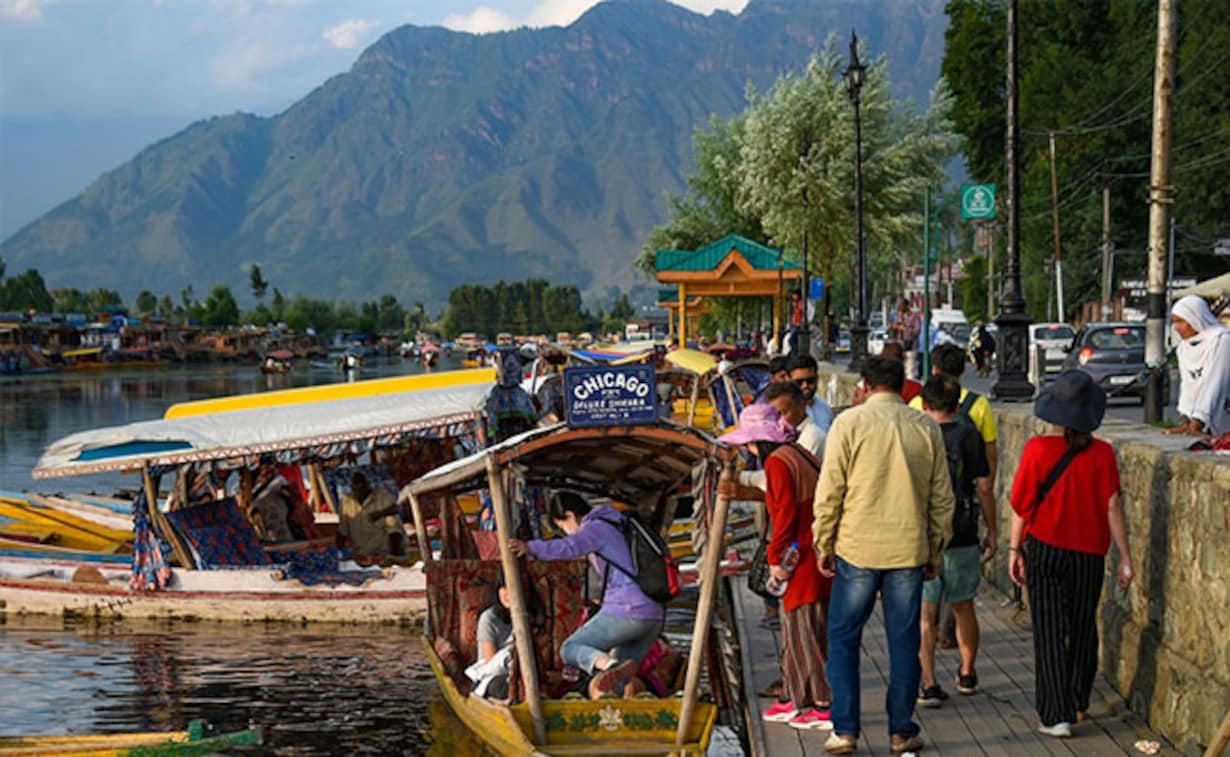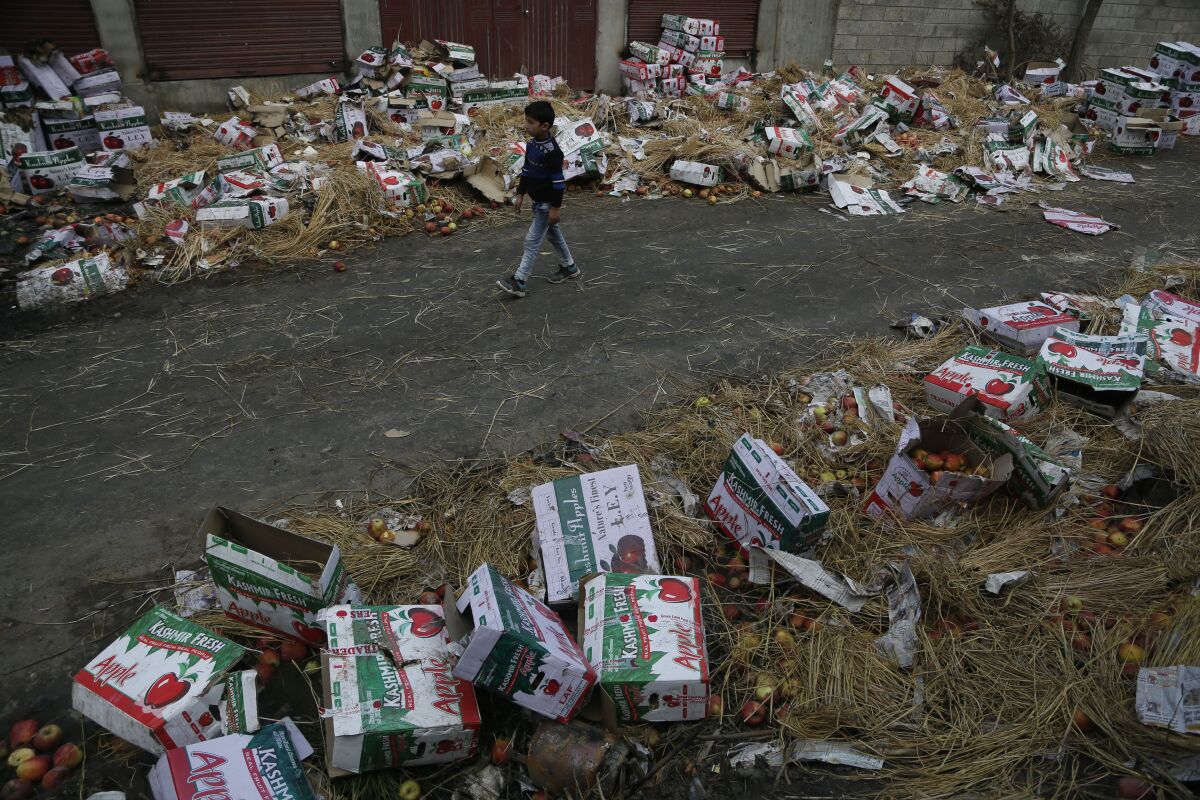Kashmir Tourism Revival 2025: Safe Travel, Local Unity & New Experiences Await
Srinagar 26 May 2025: In the pristine Himalayan valleys of Kashmir, where snow-clad mountains meet blooming meadows, a tourism revival is slowly taking root. Following the tragic Pahalgam terror attack that claimed 26 lives, the region’s thriving tourism industry came to a grinding halt. However, the resilient spirit of Kashmiris—especially tour operators, local businesses, and industry veterans—is sparking a collective campaign to rebuild trust, welcome tourists, and ensure safety like never before.
This comprehensive article breaks down the current tourism landscape, the magnitude of the impact, efforts being made, and the way forward. With JKL Travels and other stakeholders working relentlessly, this is not just a tourism revival—it’s a movement to restore dignity, livelihoods, and the true essence of Kashmiri hospitality.
The Current State of Tourism in Kashmir: Trust Broken, Hopes Rebuilding
The aftermath of the Pahalgam attack was immediate and devastating. Within days:
- 70% cancellations flooded travel agencies as fear gripped tourists across the country.
- 100% cancellations were reported during peak tension periods, with travelers abandoning even prepaid plans.
- Luxury resorts were the only marginally active sector, catering to 5–10% of high-end tourists who opted for secluded stays.
- Foreign tourist bookings were wiped out completely due to global travel advisories labeling Kashmir a high-risk zone.
This ripple effect not only crippled direct tour operators but also dealt a heavy blow to hotels, transport services, handicraft vendors, shikara owners, pony wallahs, and homestays.
“We lost an entire season’s income within a week,” said Imran Shah, a tour guide from Srinagar. “But we are not giving up. Kashmir deserves better.”
Also Read | Travel Industry Unites: ‘Chalo Kashmir & Kashmir Calling’ Gains Nationwide Support
Chalo Kashmir: A Movement, Not Just a Campaign
At the heart of Kashmir’s tourism revival is the grassroots-led initiative “Chalo Kashmir”—a united effort by over 100 travel agencies across India to rebrand Kashmir as a safe, welcoming, and accessible destination.
Key Features of the Campaign:
- Collaborative Discounts: Tour operators, hotels, and cab providers are slashing prices by 20–40% to encourage travelers to return.
- Safety Pledges: Agencies provide written safety commitments and live customer support to address traveler concerns.
- Testimonials & Travel Vlogs: Influencers and bloggers are flown in to share real-time experiences, changing the negative narrative with real proof.
“This isn’t just about travel—it’s about reviving our people’s spirit,” said Farah Qadri, one of the leading female travel consultants involved in the campaign.
JKL Travels: A Beacon of Professionalism in Troubled Times
JKL Travels, one of the region’s premier travel companies, has taken a leading role in navigating Kashmir’s tourism revival.
What Sets JKL Travels Apart:
- Exclusive Family & Couple Packages tailored for safe, serene stays.
- Local Immersion Experiences, from farm visits in Ganderbal to Sufi music evenings in Srinagar.
- All-Inclusive Kashmir-Ladakh Tours covering protected zones with security tie-ups.
- Zero-Cancellation Fee Policy to support hesitant travelers.
“We’re not just selling packages; we’re selling hope, trust, and authentic Kashmiri experiences,” says Mr. J Amin, Director, JKL Travels.
Despite the proactive stance, JKL and others face bureaucratic challenges. Government support and endorsement remain minimal, limiting larger-scale promotions and structural investments.
Also Read | ‘Kashmir is Calling’: Regional & International Efforts Ignite Tourism Renaissance
The Economic Domino Effect: Lives on the Brink
The blow to Kashmir’s tourism isn’t just financial—it’s human:
- Over 3 lakh people depend directly on tourism for their livelihood.
- Local artisans, especially women-led papier-mâché and handloom units, have lost their primary buyer base.
- Taxi drivers, pony handlers, and shikara owners are struggling to feed their families.
Economic Fallout:
- Losses pegged at over INR 450 crore in 3 months.
- Over 60% of small hotels and houseboats are either shut or operating at 10% capacity.
- Debt stress among travel operators is soaring, with many defaulting on EMIs.
Tourism isn’t a luxury for Kashmir. It’s a lifeline.
The Strategic Recovery Blueprint for Kashmir Tourism
Bringing Kashmir back into the mainstream travel narrative will require coordinated, strategic actions at every level—from grassroots to government.
1. Rebuilding Safety Perception: From Fear to Confidence
Safety remains the #1 concern for travelers. The revival plan must begin with restoring confidence through multi-stakeholder collaboration.
Measures:
- Deployment of Tourist Security Units in key areas (Sonamarg, Gulmarg, Pahalgam).
- Real-time safety dashboards integrated into tourism websites.
- Certified “Safe Travel Zones” badges for hotels and agencies.
- Travel insurance bundled with packages for added assurance.
2. Government Policy Support: Enabler, Not Bystander
The tourism industry needs urgent intervention and structured backing:
Recommended Actions:
- Safety advisories from the Ministry of Tourism explicitly encouraging travel to Kashmir.
- Zero GST on tour packages for the next 12 months.
- Launch of a National Campaign: “Incredible India – Explore Kashmir Safely”.
- Incentives for airlines to offer discounted Kashmir-bound tickets.
Also Read | Whispering Valleys, Endless Love—Exclusive Kashmir Honeymoon Deals Just for You!
3. Domestic Tourism: The Revival Engine
With foreign tourism frozen, India’s domestic market is the key revival pillar.
Engagement Plans:
- Pan-India Roadshows in metros and Tier-2 cities.
- Collaboration with corporates for team retreats and school/college educational tours.
- Promote niche travel like wellness retreats, eco-tourism, and remote work packages in hill stations.
Digital Strategy: Building a Narrative of Safety, Beauty & Belonging
4. Digital First Campaigns:
Tools:
- #TravelSafeKashmir & #KashmirCalling trending hashtags
- Instagram reels showing live travel experiences
- YouTube shorts featuring interviews with happy tourists
- Influencer-led contests and giveaways
Targeted SEO Content:
- Blog series on “Why Now is the Best Time to Visit Kashmir”
- Google Ads on safe tour packages
- Articles on food, culture, and local hero stories to humanize the valley
5. Diversification: A New Lens on Kashmir
Instead of just promoting traditional spots, Kashmir can explore niche markets:
- Spiritual Tourism: Ziarats, Sufi circuits, and Buddhist monasteries
- Rural Tourism: Village stays in Bandipora, Kupwara, and Pulwama
- Winter Adventure: Skiing, snowboarding, heli-skiing in Gulmarg
- Agritourism: Walnut harvesting, saffron farm tours
6. Empowering Local Stakeholders
- Training sessions for hospitality workers on crisis management and digital tools
- Homestay Registration Drive to bring more locals into the formal tourism net
- Setting up Women Travel Guides to empower and diversify the workforce
- Local cuisine certification programs to protect and promote Kashmiri dishes
Also Read | Kashmir Awaits – Unveil Paradise with Exclusive Travel Packages & Unbeatable Discounts!
Campaigns Like ‘Kashmir Calling & Chalo Kashmir’ Deserve National Stage
These initiatives are not PR gimmicks—they are lifelines. With over 100 travel agents working together, “Kashmir Calling” must receive:
- Airline partnerships to include the campaign in inflight magazines and ads
- IRCTC tie-ins for train travelers from North India
- Celebrity endorsements with Bollywood actors speaking about safe travel
- Tourist refund guarantees for canceled or postponed trips
Bottom-Line: A New Dawn for Kashmir’s Tourism
Tourism is not just about sightseeing in Kashmir—it’s about the human connection, the untold stories, and the courage to rebuild. Every traveler who visits now becomes a partner in revival.
With strategic planning, genuine safety upgrades, digital outreach, and collective optimism, Kashmir is on its way to becoming India’s most inspiring comeback story. Tourists are not just welcome—they are needed more than ever.
Let the journey back to heaven on earth begin.



